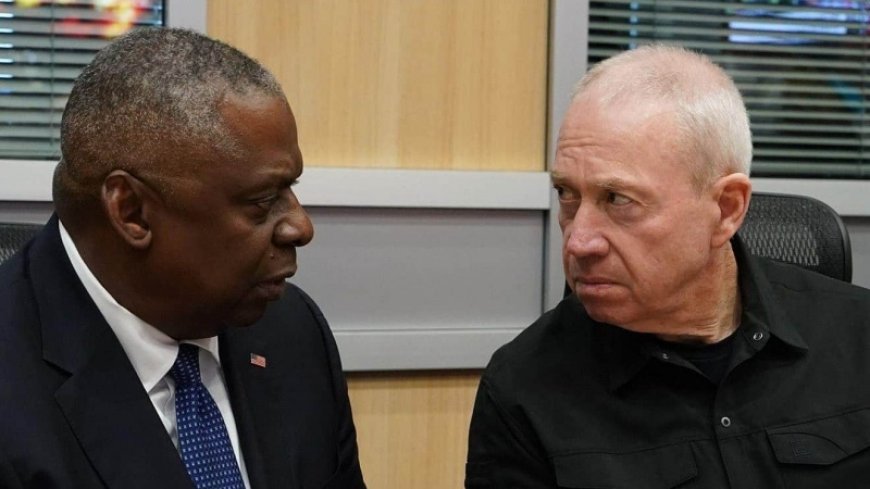America has a problem understanding world developments

In an article published by the Middle East Eye, former Italian diplomat Marco Cornellos criticizes the American intelligence community's latest annual threat report. He argues that the report, which views China, Russia, and Iran as major threats to the U.S.-led world order, is disconnected from global realities and unfairly labels these nations as antagonists.
Cornellos points out that the U.S. intelligence document claims the world is facing a fragile order due to strategic competition, national conflicts, and challenges from regional powers and non-state actors. However, he questions which rules the U.S. refers to, whether it's the traditional international laws from the UN Charter or a U.S.-dominated global order. He criticizes the American stance as being influenced by a neoliberal ideology that operates on double standards, using the situation in Gaza as a prime example of the U.S.'s misguided policies.
Furthermore, the report discusses the impact of groups like Hamas in Gaza, suggesting that their actions, supported indirectly by nations like Iran and strategies from China and Russia, weaken U.S. influence and complicate international cooperation. Cornellos dismisses this view as an inaccurate portrayal of the Gaza conflict, which he sees as a struggle for national liberation against Israel's occupation, supported by the U.S.
Cornellos emphasizes that the real decline in America's global standing stems not from external threats but from its own inconsistent policies, especially its support for Israel in Gaza. He mentions the high number of casualties in Gaza and criticizes the U.S. for opposing a ceasefire resolution in the Security Council, highlighting the non-binding nature of America's approach as diminishing the resolution's impact. This stance, according to Cornellos, exemplifies the problematic American foreign policy that continues to undermine its position on the global stage.













































